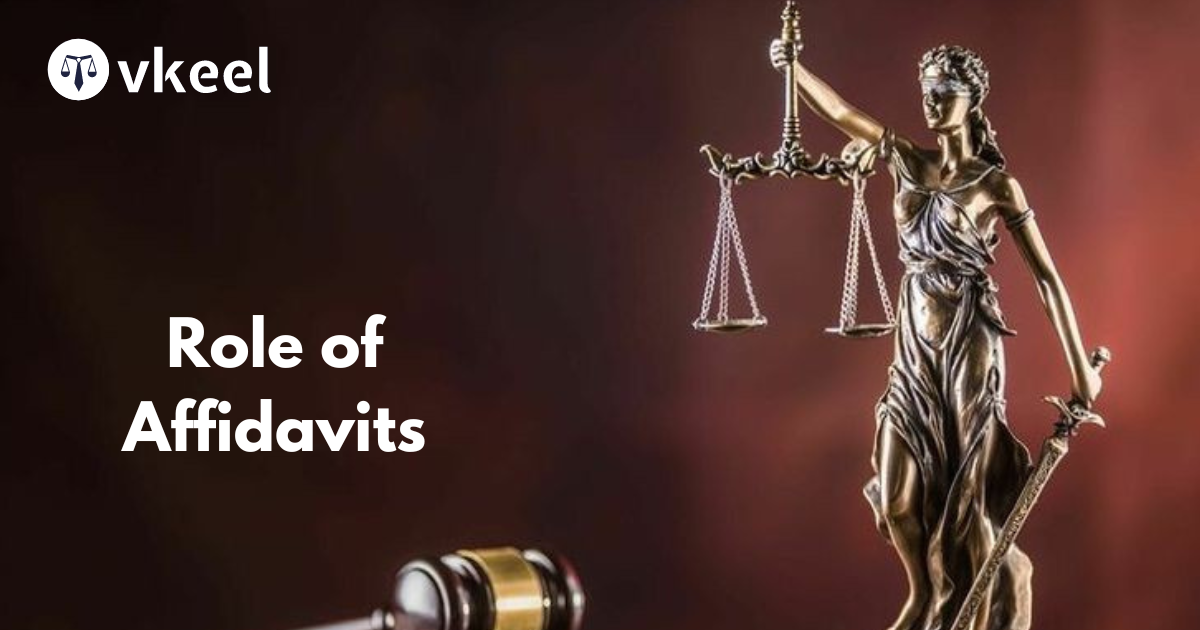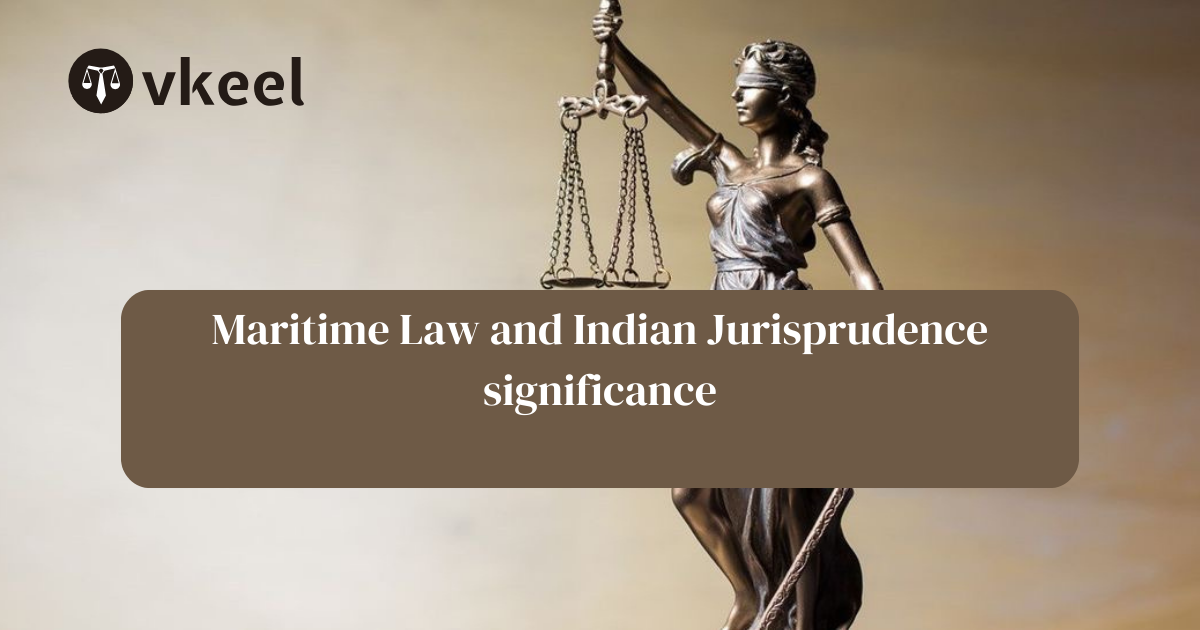Role of Affidavits
By Joy Puri
Table of Contents
Introduction
The historical roots of affidavits can be easily found in the evolution of legal systems and the administration of justice at the global stage. The word is thereby derived from the Medieval Latin word “affidare” which if translated means “to pledge one’s faith”.
Their use can be traced back to the common law traditions of England, which was significantly influenced by many modern legal systems, particularly those of former British colonies like India, Canada etc.
Taking the tale to England, the concept of sworn testimony was integral to the legal process in the judicial system back then. The oath was a sacred pledge, binding the deponent to truthfulness under the risk of perjury, which was not just a legal but also a moral and religious oath by nature on the behalf of the deponent.
These affidavits came into use and became more widespread with the development of the Star Chamber and other courts that handled a variety of civil and criminal matters of the society. These courts recognized the practical necessity of written, sworn statements, especially in situations where oral testimony was impossible or difficult to take place.
Over the 17th and 18th centuries, the use of affidavits had become an established part of English legal procedure which was codified in various statutes and court rules.
Thereafter the affidavits were used extensively in the administration of justice, from verifying claims and complaints to providing evidence in support of motions and other legal filings of the judicial system.
What is an affidavit?
Narrating the tale of affidavit in Indian Law it is a formal written statement in which a person swears under oath that the information provided is true to the best of their knowledge thereof.
This sworn statement is made before an authorized officer, such as a notary public, judicial magistrate, or commissioner of oaths, who therefore, verifies the deponent’s signature and the truthfulness of the content and his statements.
Affidavits offer themselves as crucial pieces of evidence in legal and administrative proceedings, providing a means to present facts without requiring the deponent’s physical presence in courts of law.
As defined by Mulla in one of his commentary it can be stated that “An affidavit is a statement in writing purporting to be a statement of facts, signed by the person making it, and confirmed by him on oath before a person or officer having authority to administer such oath.”
Whereas, PM Bakshi enumerated affidavit as “An affidavit is a written statement of facts voluntarily made by an affiant under an oath or affirmation administered by a person authorized to do so by law. The affidavit serves as evidence of the facts stated therein and is used in legal proceedings.”
Importance of Affidavit
The affidavits in the courts of law help in getting a better footing angle towards the evidences which are presented by the parties. Therefore helping in the verification of truth and protecting the integrity of the judicial system.
It acts as a document of the court wherein it helps the courts to somewhat reach a point where the confusion or the deadlock comes to an end and thereby provides clarity of facts to the required parties and the courts of law.
Moreover in furtherance to the aforesaid, the affidavits are provided with a perjury deterrence which opines that they are backed by a sanction by the state if found or established to be false.
Conclusion
The affidavits therefore helps in building the trust and fairness in the society. For an affidavit to be true they are to be notarized by the notary.
People in India use affidavits for various works and thereby it is commonly used for name change, property transactions and family matters etc.
Disclaimer:
The information provided in the article is for general informational purposes only, and is not intended to constitute legal advice or to be relied upon as a substitute for legal advice. Furthermore, any information contained in the article is not guaranteed to be current, complete or accurate. If you require legal advice or representation, you should contact an attorney or law firm directly. We are not responsible for any damages resulting from any reliance on the content of this website.










